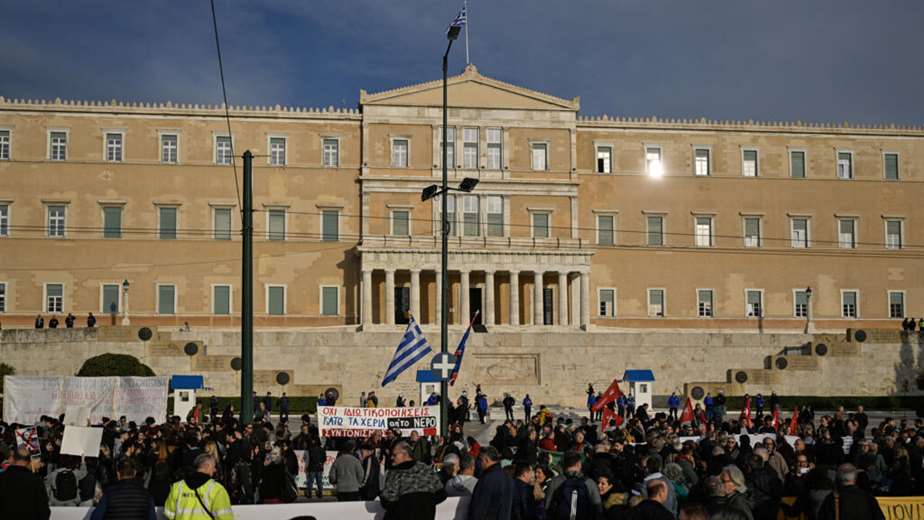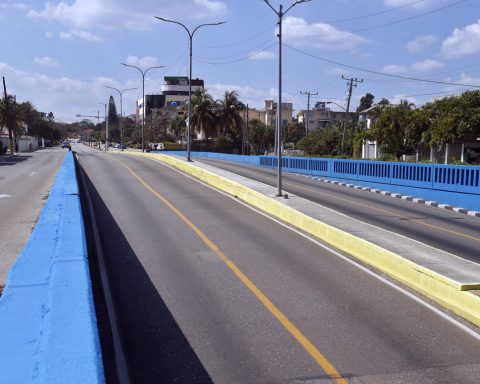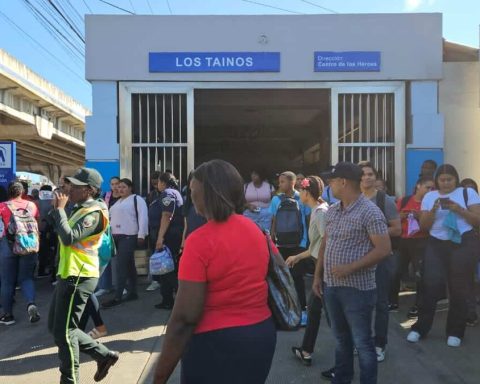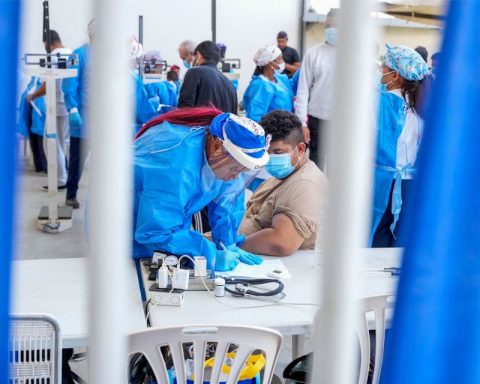
May 17, 2023, 7:19 AM
May 17, 2023, 7:19 AM
One week after their Turkish neighbors, it is the turn of the Greeks to go to the polls on Sunday, May 21, 2023. The parliamentary elections are aimed at renew the 300 seats of the Voulí, the Greek Parliament. This electoral sequence – which could last until this summer – must also determine who will succeed the conservative New Democracy party, led by outgoing Prime Minister Kyriakos Mitsotakis, at the helm of the Greek government.
By Joël Bronner, RFI correspondent in Athens
During this electoral campaign, and in the programs presented by the main parties, the question of purchasing power, and therefore of the economy, is at the center of the debates in Greece. The country has emerged very weak from a decade of economic crisis in which austerity policies have imposed a drastic reduction in wages and pensions. For example, the pensions of retirees have been cut between 20 and 40% on average.
At a time when the country is pleased to accompany the return of growth and foreign investors, but also when inflation and energy prices are skyrocketing, the time has come for political representatives to back down. and revise the income received by the Greeks upwards.
The conservatives of New Democracy, for example, speak of increasing the average salary by 25% in their next legislature. On the left, Syriza talks about raising the minimum wage to 880 euros and increasing pensions for retirees.
fix public health
Beyond the question of income, other political priorities have emerged for these elections. Syriza, the leftist party of former Prime Minister Alexis Tsipras, has announced that he wants to lower VAT on food products, nationalize the energy and water sectors, give unions more weight and rebuild a health system that is in dire straits.
Fixing the public health sector and strengthening the medical staff is also a priority for New Democracy, led by the outgoing Prime Minister Kyriakos Mitsotakis. Another planned development axis is the multiplication of income from tourism, a pillar of the economy, thanks to a longer season.
In addition, measures to encourage birth in an aging country are also a project shared by both sides of the Greek political spectrum.
After this first vote on Sunday, there could well be a second election in July. The situation is complex because Syriza, then in power, had imposed proportional elections. A measure that the right later discarded for the future. The vote on Sunday May 21 will therefore be strictly proportional.
But if, as appears to be the case, No party -alone or in a coalition- manages to reach 46% of the votes, then a second election will be held in July. And this time the second law will be applied, which grants a bonus of 50 seats to the winner of the elections. In short, Greece is likely to continue its electoral marathon well into this Northern Hemisphere summer.
















